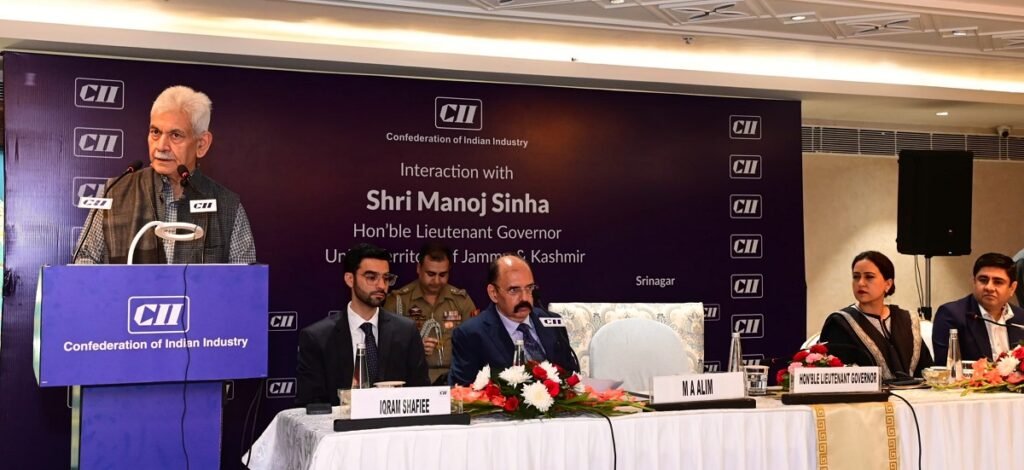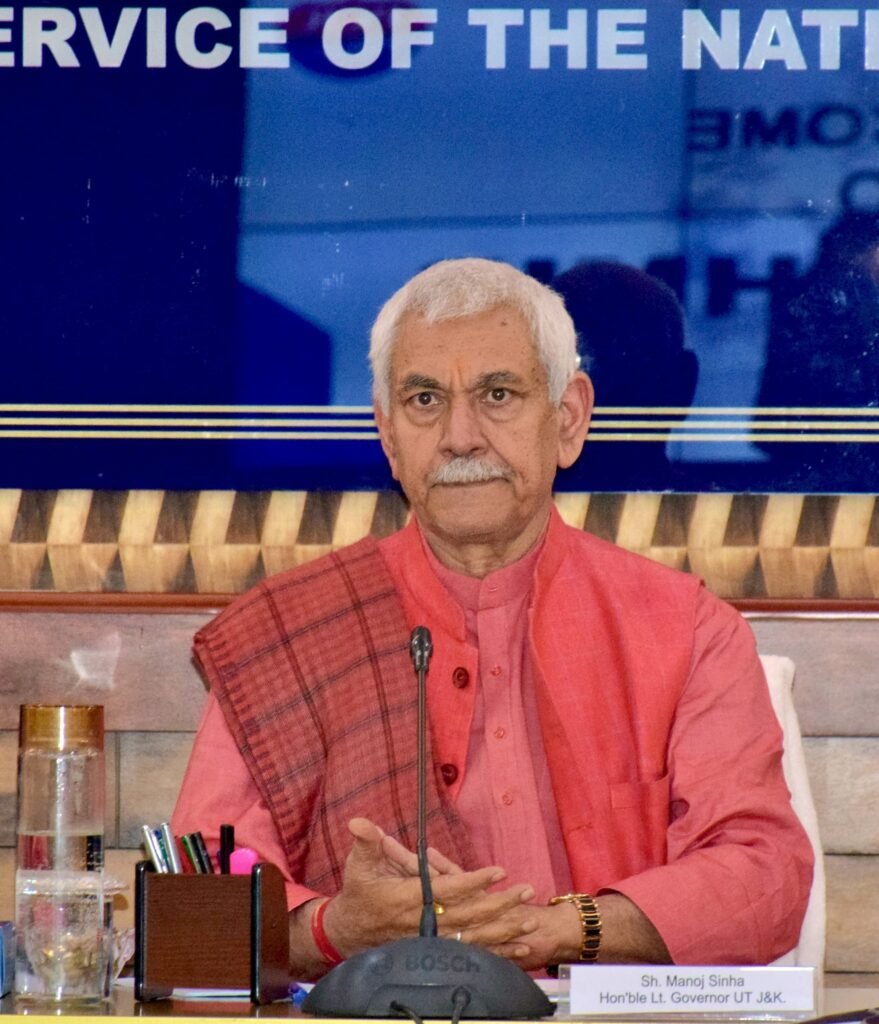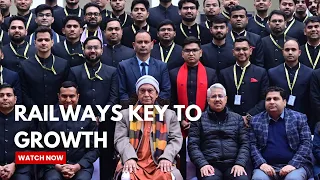Srinagar, September 21, 2025 – Lieutenant Governor Manoj Sinha urged India’s leading industrial houses, corporate giants, and MSMEs to prioritize investments in Jammu and Kashmir, emphasising the region’s pivotal role in achieving a self-reliant and developed India.Speaking at the 4th Confederation of Indian Industry (CII) Northern Regional Council Meeting in Srinagar, Sinha highlighted the central government’s commitment to rapid industrialization in the Union Territory (UT). “The topmost priority of the Hon’ble Prime Minister Shri Narendra Modi is to accelerate the pace of industrial development in Jammu Kashmir and bring this region at par with the rest of India,” he stated, underscoring the vision for equitable growth across the nation
.A Pledge for Collective Responsibility
In a stirring call to action, the Lieutenant Governor implored business leaders to view J&K’s progress as their own. “Big companies, corporate houses, MSMEs of the country must take a pledge that the industrial development of Jammu Kashmir will be their personal responsibility,” Sinha remarked. He further appealed to the nation’s industrial ecosystem to rally behind the UT’s rapid industrialization, positioning investments as a moral imperative for complete integration and inclusive development.Sinha praised the global competitiveness of J&K’s micro and small industries, noting their potential to drive economic momentum. “Micro and Small Industries in J&K have demonstrated their ability to be globally competitive, and we are open to new ideas on how we can spread industrialization across the UT and encourage new enterprises at the Panchayat level,” he added.
Spotlight on MSMEs, Handicrafts, and Innovation
The address placed strong emphasis on MSMEs, handicrafts, and innovation as cornerstone drivers of sustainable growth. Sinha outlined how next-generation reforms—such as policy incentives and digital transformation—would directly empower these sectors, fostering a self-reliant India. “The Next Generation Reforms will greatly benefit MSMEs and Handicrafts Units,” he observed, pointing to enhanced productivity, market access, and export capabilities.To build an “innovation economy,” the LG advocated for private sector investments in Research & Development (R&D), particularly in high-impact areas like defense, space, agriculture, and manufacturing. “For a developed India, we must create an innovation economy where growth and wealth are driven by new technologies and innovations,” Sinha asserted, calling for a focused approach to boost exports and technological adoption.He also commended the CII’s role in bridging industry and policy, urging stakeholders to collaborate on realizing the dream of a Viksit Bharat (Developed India). Attendees included Anjali Singh, Chairperson of CII Northern Region; Dr. M.A. Alim, Chairman of CII J&K; and other prominent business leaders.
Broader Implications for J&K’s Economy
This appeal comes amid J&K’s evolving economic landscape, bolstered by peace initiatives and reforms that have attracted significant investments in tourism and infrastructure. The UT’s handicrafts and handloom sectors, long pillars of local livelihoods, stand to gain from e-commerce integration and branding efforts, aligning with national goals for MSME empowerment.As India eyes exponential growth, Sinha’s message reinforces J&K’s strategic importance, inviting the private sector to co-author its success story. With the world’s growing confidence in India’s economy, the onus now lies on industry to accelerate competitiveness and innovation in the region.











